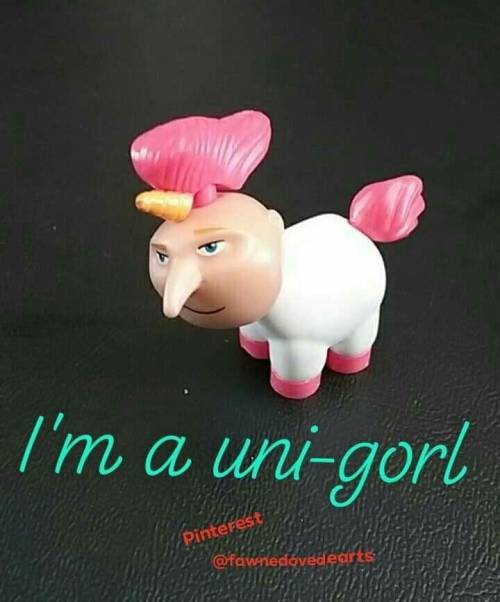WiTh boTh DiRecTiON ANd maGnItUdE
...

Answers: 1


Another question on English

English, 21.06.2019 16:30
The excerpt is from a longer essay on huckleberry finn by mark twain. what kind of support is used to develop the writer's main idea regarding how twain brought his characters to life?
Answers: 3

English, 22.06.2019 02:30
Why is it important to include a descriptive subject heading? it in sorting the topics. it the recipient see its importance. e-mail programs won’t allow e-mail to be sent without it. it keeps junk e-mail separate from important e-mail.
Answers: 1

English, 22.06.2019 04:50
Read the passage, then answer the question that follows. no one could have seen it at the time, but the invention of beet sugar was not just a challenge to cane. it was a hint—just a glimpse, like a twist that comes about two thirds of the way through a movie—that the end of the age of sugar was in sight. for beet sugar showed that in order to create that perfect sweetness you did not need slaves, you did not need plantations, in fact you did not even need cane. beet sugar was a foreshadowing of what we have today: the age of science, in which sweetness is a product of chemistry, not whips. in 1854 only 11 percent of world sugar production came from beets. by 1899 the percentage had risen to about 65 percent. and beet sugar was just the first challenge to cane. by 1879 chemists discovered saccharine—a laboratory-created substance that is several hundred times sweeter than natural sugar. today the sweeteners used in the foods you eat may come from corn (high-fructose corn syrup), from fruit (fructose), or directly from the lab (for example, aspartame, invented in 1965, or sucralose—splenda—created in 1976). brazil is the land that imported more africans than any other to work on sugar plantations, and in brazil the soil is still perfect for sugar. cane grows in brazil today, but not always for sugar. instead, cane is often used to create ethanol, much as corn farmers in america now convert their harvest into fuel. –sugar changed the world, marc aronson and marina budhos how does this passage support the claim that sugar was tied to the struggle for freedom? it shows that the invention of beet sugar created competition for cane sugar. it shows that technology had a role in changing how we sweeten our foods. it shows that the beet sugar trade provided jobs for formerly enslaved workers. it shows that sweeteners did not need to be the product of sugar plantations and slavery.
Answers: 1

English, 22.06.2019 09:00
Part 2: thoreau’s ideas had a profound effect on a man named gandhi. gandhi, was a leader in india who worked to end british rule. he led india to independence and inspired many to non-violent forms of protest and resistance. he fought to end poverty, worked to expand women's right to vote, and built bridges between ethnic and religious groups. like thoreau, he lived simply, owned very little, and ate a vegetarian diet. in india, gandhi's form of protest was called the "non-cooperation movement." he urged indians to boycott british education systems and leave government jobs. the movement was very popular, and in part to stop its spread, the british controlled government arrested him. after a few years, he was released and became active in politics again. he inspired many to follow him on marches to protest various taxes. on one such march, thousands followed him 240 miles over 24 days to the sea to protest a salt tax. this march set the example of non-violent resistance to the government that others in the country followed. eventually india won independence from britain, in large part because of gandhi work. gandhi's model of resistance and reform was creative, appealing, and successful. as a result, dr. martin luther king looked to gandhi when the time came to find a way to resist segregation in the south. the lunch counter protests, famous for the passive response to anger, and even violence, aimed to end the separation enforced by laws in some regions of the south. king also organized walks, marches, and bus rides that were meant to bring attention to the issues facing african americans. these forms of protest were directly modeled on gandhi's, but king took them straight to the source of oppression. where gandhi's protests created awareness and built momentum, king's protests were in the face of great hatred and fear. the passive, non-violent protests were ultimately effective, mainly because the passive response to violence cast the opposition as brutes. however, change came slowly and at the cost of many lives. king remained committed to peaceful protest, however, until his death. king learned from gandhi, expanding on what worked, applying old techniques to a new problem. gandhi owed his philosophy, in part, to a new england poet who loved the woods. read this sentence from part 2: like thoreau, he lived simply, owned very little, and ate a vegetarian diet. what is the point of this sentence? gandhi and thoreau had similar childhoods. gandhi had many admirable qualities. thoreau and gandhi were very similar. thoreau had a simple life compared to others.
Answers: 2
You know the right answer?
Questions





Mathematics, 29.10.2020 16:10


Mathematics, 29.10.2020 16:10





Mathematics, 29.10.2020 16:10

Mathematics, 29.10.2020 16:10

Social Studies, 29.10.2020 16:10

Biology, 29.10.2020 16:10





Computers and Technology, 29.10.2020 16:10




